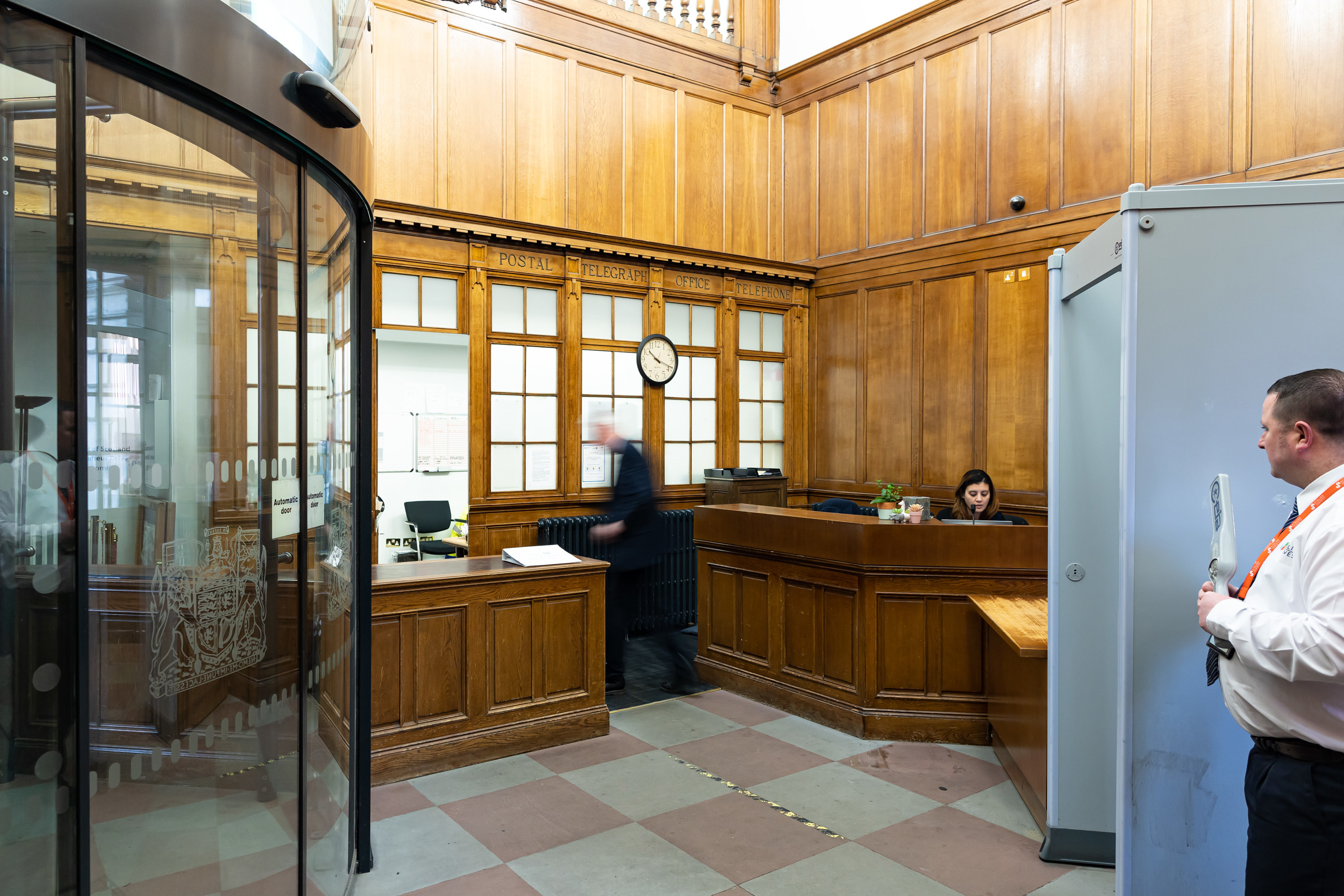Where it is suspected that crime has been committed, the Crown Office and Procurator Fiscal Service (COPFS) will bring a prosecution to court.
Cases are heard at a Justice of the Peace Court, Sheriff Court or High Court depending on the severity of the crime. The maximum penalty each court can hand down is set by law.
If the accused person pleads not guilty a jury of 15 people will hear a trial for more serious offences, called solemn procedure. Other crimes will take place in front of a judge only and is called summary procedure.
The prosecution need to prove the case ‘beyond all reasonable doubt’. When a person is convicted of a crime or pleads guilty they will be sentenced by a judge based on the law and the unique circumstances of each case.


